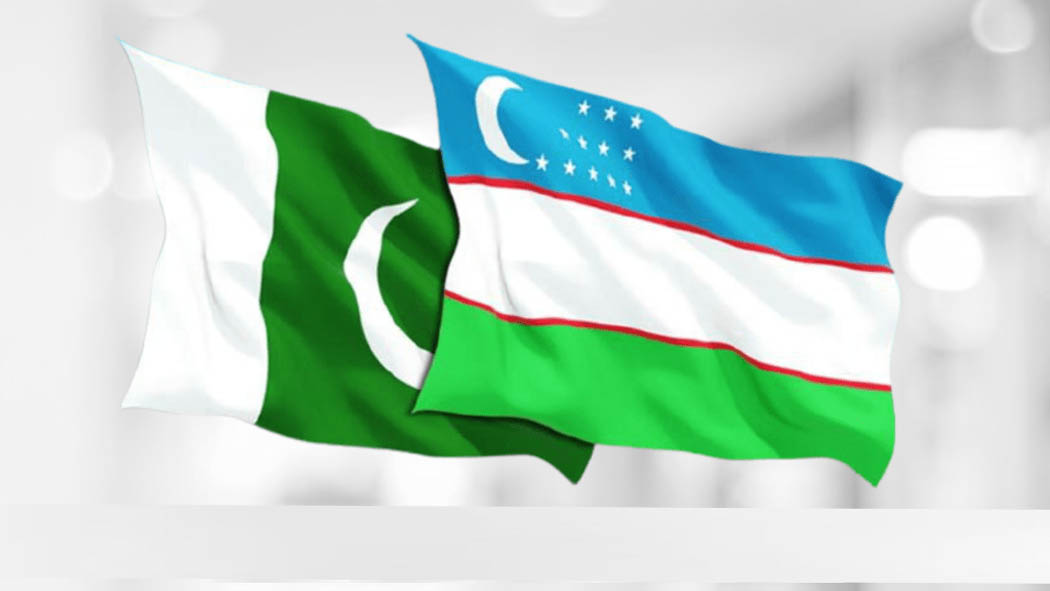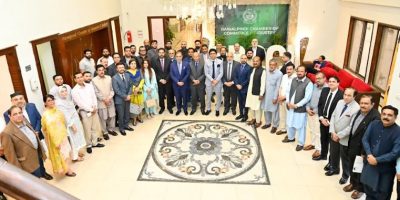Pak, Uzbekistan to sign PTA to boost trade

It will be historic step; as per the PTA many Pakistani products will have duty free access to the Uzbekistan markets and vice versa
Ansar M Bhatti
ISLAMABAD: Pakistan and Uzbekistan are set to sign historic Preferential Trade Agreement (PTA) during the visit of the President of Uzbekistan Shavkat Mirziyoyev who will arrive today (Thursday) on a two-day visit. It will be his first-ever visit to Pakistan after taking charge as the President of Uzbekistan.
Both sides will ink PTA in order to further promote and increase trade activity between the two countries. The development indeed a major development with regard to bilateral relations given the fact that Uzbekistan has signed PTA with only some countries and Pakistan will be among those countries. As per the PTA many Pakistani products will have duty free access to the Uzbekistan markets and vice versa.
Both sides are also expected to solidify cooperation in the aviation field as well. Uzbek air used to fly from Lahore to Tashkent directly however due to the pandemic the flight was halted. Now both sides have agreed to resumes these flights. Frequency may also be increased depending upon the load.
Prime Minister Imran Khan in July 2021 visited Uzbekistan and singed a number of MoU. It was agreed during that meeting that the Uzbek President will visit Pakistan. Both countries are expected to give final touches to the railway line from Termez to Kabul and then Peshawar. Once completed, this project ostensibly would usher in a new era of progress in the region. Pakistan and Uzbekistan are linked through common faith, shared history and cultural affinities. The two countries have been closely collaborating at regional and international fora, especially at the UN, OIC, ECO and SCO.
Pakistan has enhanced its engagement with Central Asian countries within the framework of “Vision Central Asia” policy, with five key strands: political and diplomatic, trade and investment, energy and connectivity, security and defence, and people-to-people relations.
Related News

Soyabean, palm oil imports grew 53.07%, 28.55% in 09 months
ISLAMABAD, APR 24 (DNA) —Edible oil imports including soyabean and palm into the country during theRead More

RCCI Think Tank Session on Economy of Pakistan and Future Challenges
DNA Rawalpindi: The Rawalpindi Chamber of Commerce and Industry has organized a Think Tank sessionRead More


Comments are Closed